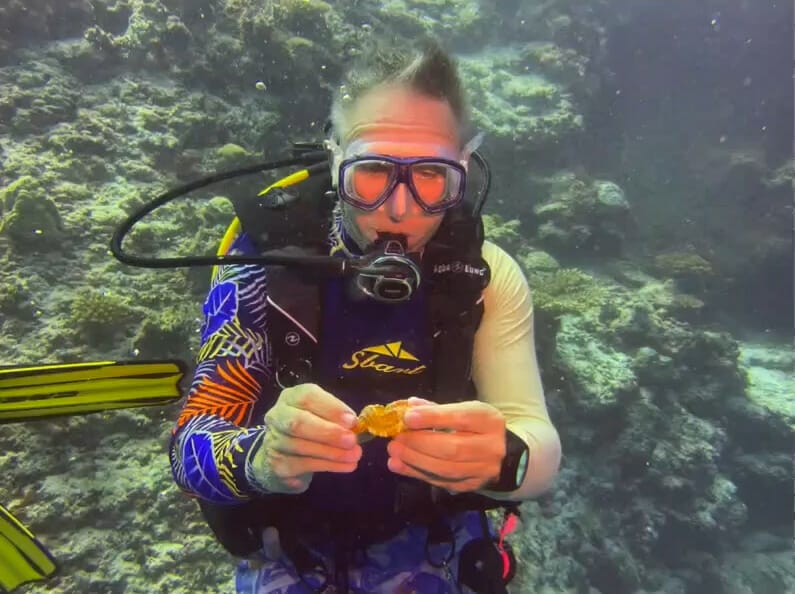Type 2 Diabetes In Children
Having a child with diabetes can be complicated and feel isolating.
At the London Diabetes Centre we excel in providing care and support to parents of diabetic children. Click here to speak to a friendly expert today.
Type 2 Diabetes In Children
Type 2 diabetes is a chronic condition that is becoming more common in children. Currently, nearly 1,600 children and young people in England are living with type 2 diabetes. In type 2 diabetes, the sugar levels in your child’s blood are too high, which can have serious effects on their health and wellbeing now and in the future.
Type 2 diabetes can be more severe in children- but worryingly, only 30% of children with type 2 diabetes are getting the care they need to live a full and active life. As Diabetes UK says:
‘Getting the right care is vital for everyone who lives with diabetes, but it’s particularly important for those diagnosed under 18.’
That’s why it’s essential to recognise the symptoms of type 2 diabetes so that you can get your child the treatment and support they need to live well with diabetes.
What is type 2 diabetes in children?
Type 2 diabetes is a long-term condition that increases the level of glucose or sugar in your child’s blood. In type 2 diabetes, your child’s pancreas either can’t produce enough of the hormone insulin for its needs, or their body can’t respond appropriately to the insulin they produce.
Insulin is a vital hormone that regulates your child’s blood glucose levels. It acts as a biological key, unlocking cells so that they can use glucose for energy. It also ensures that any excess glucose is safely stored for future use. If your child has type 2 diabetes, they don’t have enough insulin for their body’s needs. Because of this, cells in their organs and muscles can’t get the energy needed to fuel their work and play. Unused glucose will build up in their blood, and they’ll pass it out in their urine.
Without the proper treatment and support, type 2 diabetes can cause serious complications as they get older. Poorly controlled diabetes can cause kidney failure, heart disease and lead to amputations and blindness later in life. That sounds frightening, but the good news is that with prompt and effective specialist treatment and monitoring, your child can avoid complications and live a fulfilling and active life.
What causes type 2 diabetes in children?
Type 2 diabetes is strongly linked to being overweight and obese. Obesity is becoming more of a problem in childhood, with nearly a third (30%) of children aged two to 15 years living with obesity or overweight. This could be behind the rise in young people developing type 2 diabetes.
Chris Askew OBE, Chief Executive of Diabetes UK, said:
‘The environment we live in is a major contributing factor to rising levels of childhood obesity, and in turn, type 2 diabetes. Far more needs to be done to improve the environment in which we live in, to help us all to make healthier choices and consequently, to stop cases from increasing further.
We also need to ensure that children already living with type 2 diabetes have access to specialist support as soon as possible. Not least to minimise the risk of serious medical complications in early adulthood.’
Type 2 diabetes can also run in families, certain races and ethnic groups. Babies whose mothers had gestational diabetes in pregnancy are at increased risk of developing type 2 diabetes in later life.
Symptoms of type 2 diabetes in children
The most common symptoms of type 2 diabetes in children are the 4 Ts:
- Tired: Feeling weak, tired and low in energy
- Thirsty: Drinking more and feeling thirsty even after drinking
- Thinner: Losing weight without trying
- Toilet: Passing urine more frequently, going to the loo more often, wetting the bed, or getting up in the night
However, children with type 2 diabetes may not have these classic symptoms. Instead, you may notice mood changes, behavioural problems or repeated infections. The symptoms of type 2 diabetes may come on gradually and can easily be missed.
Contact your doctor urgently if you’re concerned that your child may have diabetes.
Treating type 2 diabetes in children
The diabetes team should offer your child and the family continuing education about diabetes. They should provide support and information from diagnosis, tailoring the teaching to suit their age, intelligence and understanding. Diabetes can affect their body from head to toe, so they should use a holistic approach to support their physical, mental and emotional health.
- Blood glucose monitoring: The diabetes team should give you child glucose targets and arrange monitoring tests to assess their long term control. The HbA1c is a blood test that reflects the average blood glucose over the previous few months
- Education on how their food, exercise, body weight, and illnesses will affect their blood glucose levels
- Weight management: Your child needs food to grow, but overweight and obesity are linked to type 2 diabetes. It can help to give the whole family a meal-time makeover. Focus on plenty of fresh fruits and vegetables, lean meat and protein, dairy produce for calcium and complex carbohydrates in whole grains and seeds. Try to avoid too much fast food, sugar and processed carbohydrates. A dietician and your child’s diabetes team can provide help, support and guidance
- Exercise: Activity is essential for your child’s health and wellbeing. Inactive people are more likely to develop type 2 diabetes. Exercise helps your child use insulin more efficiently; however, sport and activity can also be fun and improve your child’s fitness and confidence. All children should enjoy daily exercise for at least an hour. It doesn’t have to be running, gym sessions or organised sport. Try and find something that your child loves- dancing, skipping, and energetic play also help to keep your child active and well
- Medication: Metformin is the medication prescribed to children and young people with type 2 diabetes from diagnosis. It sensitises their body to insulin to respond more effectively to the insulin released from their pancreas. Metformin also prevents the liver from producing glucose and reduces glucose absorption in their bowel
- Health screening: Diabetes can progressively affect your child’s heart, eyes, kidneys and blood vessels. Your team should arrange annual screening to check for early signs of diabetes complications
For more information, or to speak to one of our specialists at the London Diabetes Centre about diabetes management, contact us today.
—
Sources:
https://www.diabetes.org.uk/about_us/news/children-type-2
https://www.diabetes.org.uk/guide-to-diabetes/your-child-and-diabetes/type-2
https://www.nice.org.uk/guidance/ng18/chapter/Recommendations#type-2-diabetes
https://www.cdc.gov/diabetes/prevent-type-2/type-2-kids.html
Treating type 1 diabetes in children
Children with type 1 diabetes should have an individualised care plan to treat their diabetes, prevent complications and educate them about their condition. They will need treatment to replace insulin by an injection or a pump, but effective diabetes care is about more than insulin; there should be a holistic approach supporting their health, wellbeing and lifestyle:
Blood sugar monitoring: Careful checking of blood glucose levels is key to controlling diabetes. Regular finger-prick testing is one option, but for children, continuous glucose monitors can reduce painful pricking, improve sugar monitoring, and raise the alarm if the glucose is too low or high.
Insulin injections: Your child will need a basal level of slow-acting insulin throughout the day; they will also need an extra ‘bolus’ dose of fast-acting insulin around meals. Insulin pumps are often prescribed to provide better control and more flexibility around meals. Pumps also reduce the risk of hypos and provide more stable blood glucose levels.
Weight management: Children need food to grow and live an active life. Modern insulin regimes and insulin pumps can help children eat normally without rigid routines, meals, and snacks. A healthy balanced diet is vital for all children and can help children with diabetes control their blood sugar levels. Focus on plenty of fresh fruits and vegetables, lean meat and protein, dairy produce for calcium and complex carbohydrates in whole grains. Try to avoid too much sugar and processed carbohydrates, but there’s no need to totally ban sweet treats. A dietician and your child’s diabetes team can teach you and your child to count carbohydrates and balance the insulin dose, as well as providing help, support and guidance.
Exercise: Activity is vital for children’s health and wellbeing. It’s an integral part of a healthy lifestyle – and it’s fun. All children, with or without diabetes, should enjoy at least an hour of exercise each day, that could be a sport like football or netball, dancing, games, swimming, or energetic play.
Latest News
Looking to speak with a member of our team?

Carol Willis - Diabetes Clinic Facilitator
If you couldn’t find what you were looking for today, feel free to give us a call at 0800 048 3330 and ask Carol and her team. Alternatively, just fill in this form and someone will get in touch with you promptly. By using this form, you are consenting to the storage and handling of the data contained in the form by our team.


